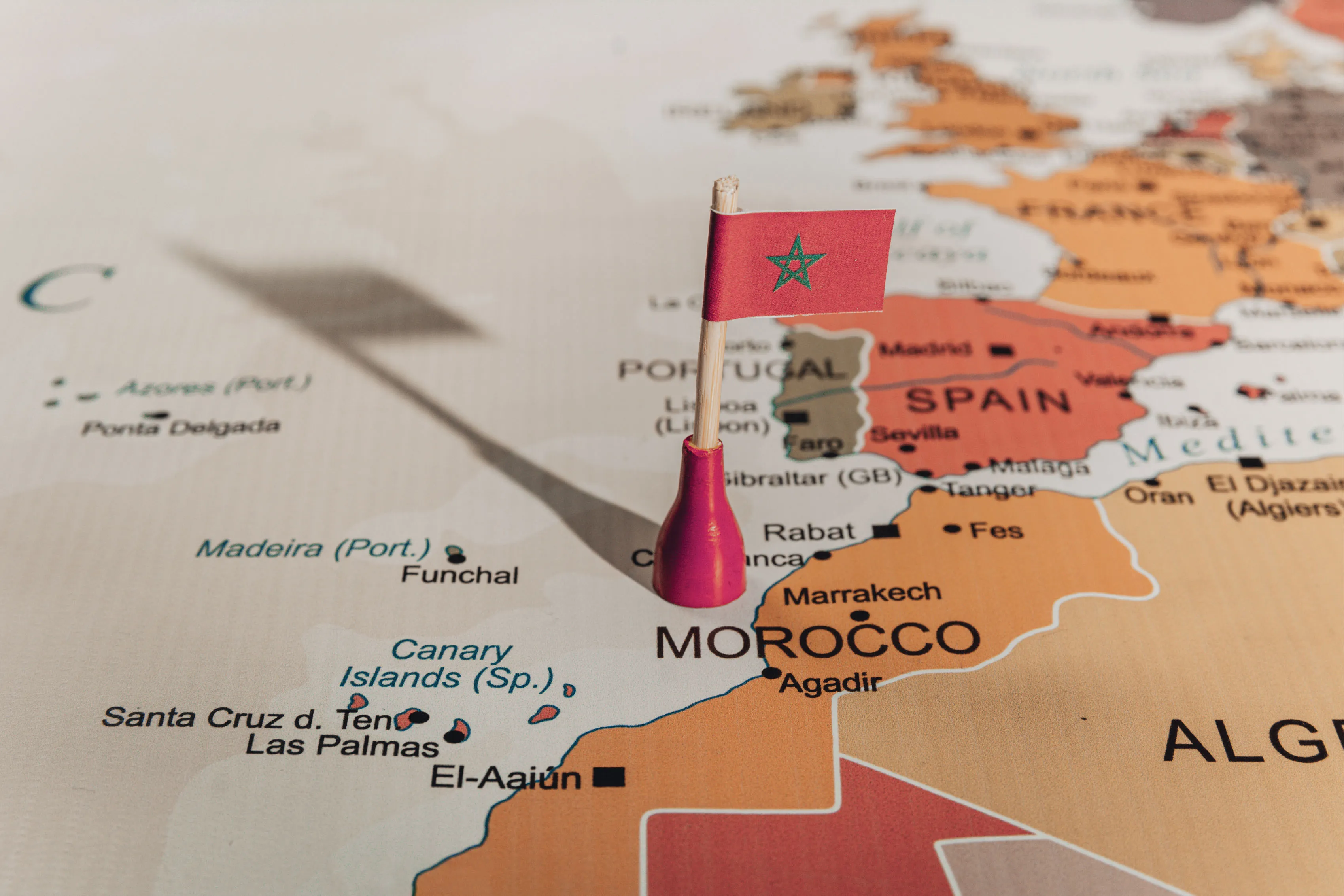Morocco has established itself as a premier sourcing hub for the textile and apparel industry in Africa, thanks to its strategic geographic location, skilled workforce, and competitive production capabilities. Positioned at the crossroads of Europe, the Middle East, and Africa, Morocco offers fast turnaround times for European markets and an ideal nearshore alternative for brands seeking to diversify their supply chains.
Furthermore, Morocco’s commitment to sustainability has strengthened its appeal as a sourcing destination. The industry is increasingly adopting eco-friendly practices and sustainable manufacturing processes to align with the growing demand for responsible production. Morocco’s free trade agreements with the European Union and the United States add to its attractiveness, allowing tariff-free exports and simplifying market access.
In summary, Morocco’s combination of strategic location, skilled labor, competitive production, and commitment to sustainability makes it a leading textile and apparel sourcing hub in Africa, offering both quality and efficiency for global brands.
Strategic Geographic Location
Morocco’s proximity to Europe is one of its biggest advantages. Located just a short distance across the Mediterranean, the country offers rapid shipping times to European markets and impressive transit times to the East Coast of North America. This geographical position allows for faster turnaround times, making it ideal for companies that need to respond quickly to fashion trends and market demands.
Nearshoring
The 23rd MIM Show 2026 promises to be a pivotal event for the textile and apparel industry, especially in the context of nearshoring. With global supply chains facing challenges due to geopolitical tensions, rising transportation costs, and sustainability concerns, nearshoring has become an increasingly attractive strategy for brands and manufacturers. This event will gather industry leaders, innovators, and professionals from across Europe and the Americas to explore solutions that make production and sourcing closer to home both viable and profitable.
Competitive Pricing and high-quality
Moroccan textile and apparel manufacturers are known for providing high-quality products at competitive prices. The combination of skilled labor and relatively lower production costs compared to other regions enables Moroccan suppliers to offer attractive pricing without compromising on quality.
Skilled Workforce and Craftsmanship
Morocco has a rich tradition of textile and apparel craftsmanship. The workforce is highly skilled in various aspects of textile production, from weaving and dyeing to garment assembly and finishing. This expertise ensures that products meet high standards of quality and detail, which is particularly appealing for premium and high-end fashion brands.
Diverse Product Range
Moroccan manufacturers offer a wide range of textile and apparel products, from ready-to-wear clothing and high-fashion garments to home textiles and technical fabrics. This diversity makes Morocco a versatile sourcing destination capable of meeting various buyer needs across different market segments.


Robust Infrastructure and Industrial Zones
The country has invested significantly in developing modern industrial zones and infrastructure that support the textile and apparel industry. These include specialized industrial parks like the Tangier Free Zone and Casablanca’s industrial areas, which provide manufacturers with essential facilities and services, enhancing their efficiency and output.
Favorable Trade Agreements
Morocco has established several trade agreements with key global markets, including the European Union, the United States, and various African countries. These agreements often provide preferential trade terms, reducing tariffs and facilitating smoother export processes, which can result in cost savings for global buyers.
Commitment to Sustainability
In recent years, Morocco has placed a strong emphasis on sustainable and ethical manufacturing practices. Many Moroccan manufacturers are adopting eco-friendly processes, such as using organic materials, implementing waste reduction practices, and investing in renewable energy. This commitment to sustainability is increasingly important to global buyers looking to source responsibly.
Political Stability and Economic Growth
Morocco enjoys a relatively stable political environment and a growing economy, providing a favorable business climate for international trade. The government's supportive policies towards the textile sector, including incentives for investment and export, further enhance its attractiveness as a sourcing destination.
Innovation and Adaptability
Moroccan manufacturers are increasingly integrating modern technologies and innovative practices into their production processes. This includes advancements in textile technology, digital printing, and the use of advanced software for design and supply chain management. Their ability to adapt and innovate helps meet the evolving demands of global buyers.